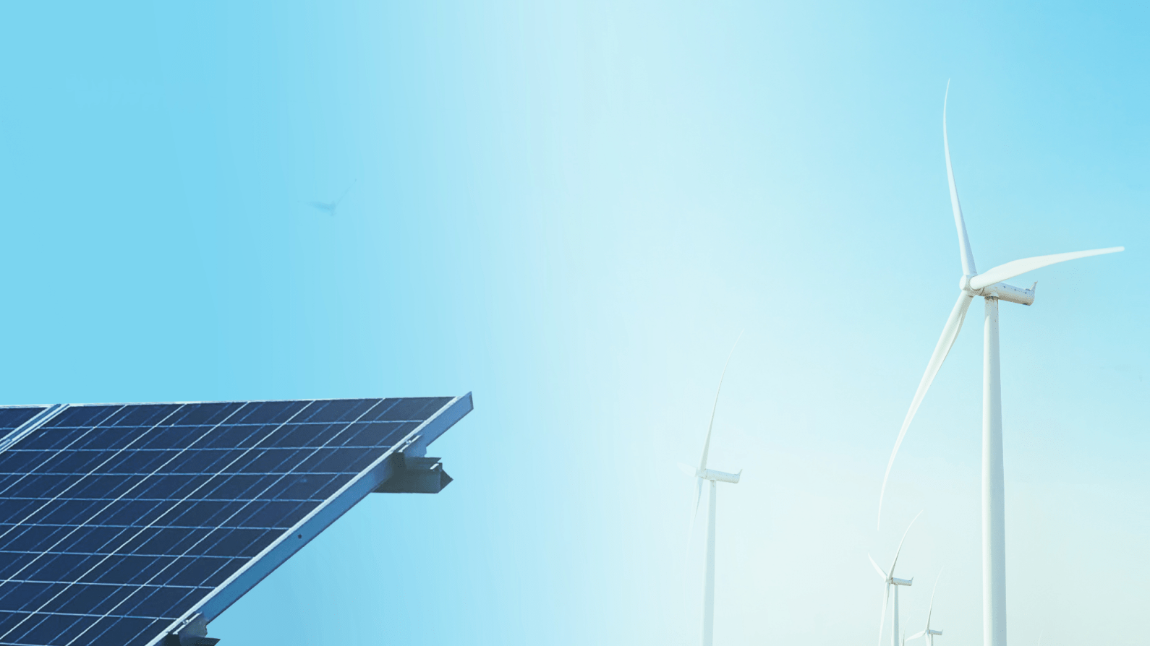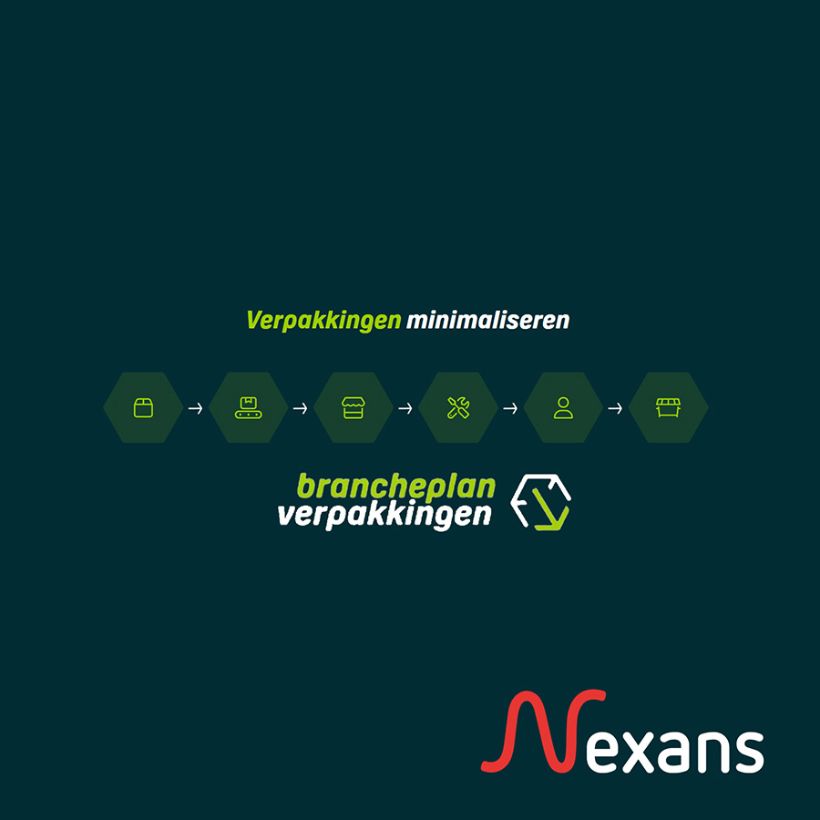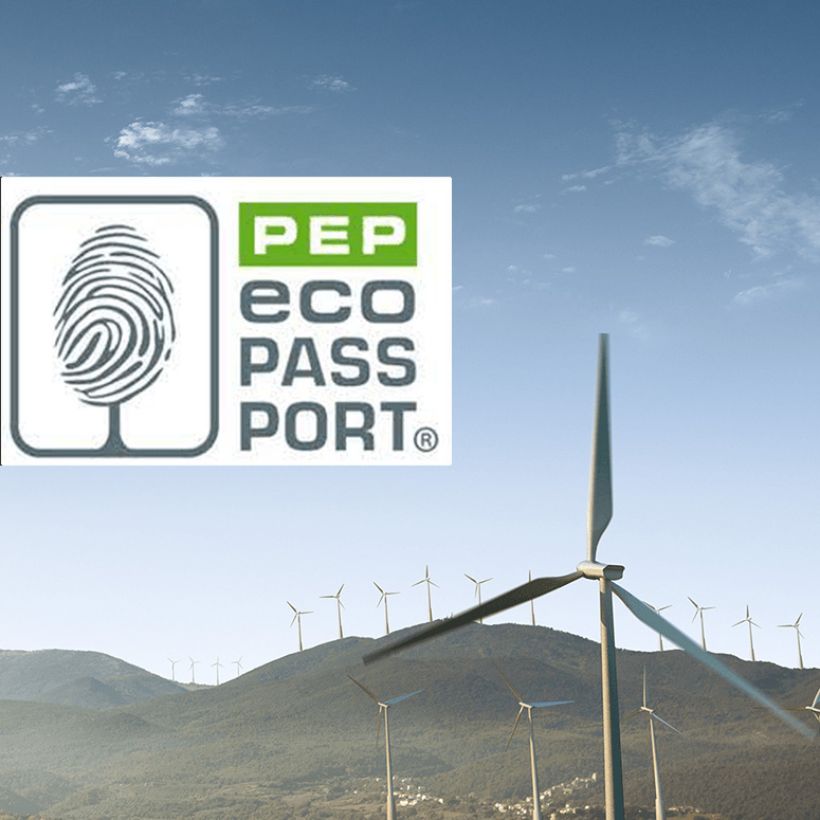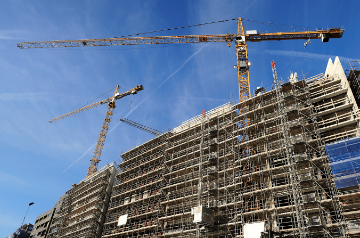- Products
- Markets
- Services & Tools
- Newsroom
- CSR
- Blog
- We are Nexans
- Search
- Contact us
- Compare
- Sign in
Environment
Focus on the future of our planet
Between now and 2040, the demand for electricity is expected to rise with 40%. Nexans plays an important part in the midst of this electrical revolution, where renewable and low-carbon energy plays a major role in an increasingly circular economy.
We focus on:
- Environmental management: maintaining a high level of environmental management at our production sites
- Circular economy: continuously reducing our production waste, generating profit through products and services that contribute to the energy transition and energy efficiency, as well as increasing the share of recyclable and smart drums
- Climate: minimizing our environmental impact and improving our part in renewable, carbon free energy
We support sustainable projects, such as large-scale wind farms at sea. We invest in Industry 4.0, where we focus on reducing the energy usage and restricting cable waste. We try to use more copper and aluminium scrap in new products and we work on making our packaging and transport more sustainable.
Our goal is to establish a sustainable business model, with products and services that are better for the environment and society as a whole.

Building on our role as major players in the international cable industry, we are seeking to shape a more sustainable world. We have made a commitment on several levels:
- Nexans joined the UN Global Compact in 2008 and has made the Sustainable Development Goals (SDG's) the cornerstone of their CSR strategy;
- We are committed to achieving “Net Zero” emissions by 2050, in line with the Science Based Targets initiative (SBTi);
- In 2023, our Group joined the CAC SBT 1.5° index, a new climate-focused version of the CAC 40, intended for organizations whose emission reduction targets are recognized as being in line with the Paris Agreement;
- Our foundries in Montreal, Canada, and Lens, France were recently certified by Copper Mark, a global program promoting responsible practices in the copper industry;
- Environmental certification programme: in 2025 all of our sites will be ISO 14001 certified.

Climate
The Nexans Climate Plan is set in accordance to the Paris Agreement, which contains the objective to limit global warming to 1.5°C. The Nexans Climate Plan, presented on the occasion of Climate Day in 2020, strives for carbon neutrality by 2030 and covers reduction of greenhouse emissions with 21% (base year 2019).
Scopes 1, 2 en 3
Nexans has also set objectives for Scopes 1, 2 and 3. These scopes are categorized by the GHG-protocol and each include a specific category of emissions:
- Scope 1: direct emissions from sources owned or managed by the company, like on-site energy, emissions from combustion, process emissions and transport emissions;
- Scope 2: indirect greenhouse emissions from purchased energy that is generated outside of the company, like electricity, heating or cooling. Important to note is that energy generated by the company itself falls under Scope 1;
- Scope 3: indirect emissions released in the value chain of the company. This scope consists of:
- Upstream emissions: indirect greenhouse emissions within the value chain in relation to purchased goods and services and are generated cradle-to-gate;
- Downstream emissions: indirect greenhouse emissions within the value chain in relation to sold goods and services and that are emitted after they left the control of the company.
Nexans' goals are:
- Reducing absolute Scope 1 and 2 GHG emissions by 46.2% by 2030 versus 2019 base year;
- Reducing absolute Scope 3 GHG emissions by 30% by 2030 versus 2019 base year.
Nexans is also involved in climate efforts in other ways. 100% of the R&D projects are focused on the energy transition and sustainable electrification, and Nexans has set objectives to convert 100% of its vehicle fleet to hybrid or electric and to recycle 100% of production waste.
Our industrial infrastructure is being modernised on a Industry 4.0 basis, with emphasis on energy saving, more use of sustainable energy and efficiently working with raw materials and excipients.
Circular economy
Stimulating a circular economy is one of Nexans' most important objectives. Nexans is actively engaged with this by investing in recycling and ecodesign, among other things. We also provide services like recycling services and an EPD (environmental product declaration). This way we want to continue encouraging the reuse of existing materials and to choose options with the least possible environmental impact. Read more about stimulating the circular economy on our page about Sustainable innovation.

In 2024 we have joined Brancheplan Verpakkingen, an important initiative that focuses on reducing, reusing and increasing the sustainability of packaging within the Dutch installation sector.
With this collaboration, we show our commitment to further improve making our packaging more sustainable.
Read the news article about Nexans & Brancheplan Verpakkingen.
Investing in sustainability: local
Electrify the Future! That is our motto. We want the planet to still be habitable for our grandchildren. That is why we invest in sustainable materials, like recycled plastic and wood, and sustainable energy, like wind and solar energy. Not only on a global scale, but also local with Nexans Netherlands & Belgium. Because every step towards sustainability is an important one!
An Environmental Product Declaration (EPD) contains the environmental data of industrial products. The PEP EcoPassport® is based on Life-Cycle Assessment (LCA), where products are assessed at each life stage: from production to end-of-life. This is done according to specific rules, the Product Category Rules (PCR), including carbon footprint, energy, water and raw material consumption.
PEP EcoPassport® complies with the ISO 14025 standard. For a lot of our products at the Dutch market we now have a PEP EcoPassport® available. With our independently tested EPD, you will make a conscious choice for your next construction project!

Environmental management
Nexans' efforts to reduce its ecological footprint, goes hand in hand with reducing risks of environmental pollution. The Group has analysed pollution sources and has taken numerous measures in accordance with regulations. In addition, the Group has implemented a series of initiatives to reduce water discharges into soil and water systems, and prevent air pollution, among other things.
Nexans also sets annual objectives to eliminate the use of hazardous substances and a crisis management plan has been set.
Read more about Nexans' efforts to reduce and prevent environmental impact on the page about Practical sustainability.
The cable industry's carbon footprint
Reducing our environmental impact is a top priority. To reduce the carbon footprint of the cable industry throughout the cable's entire life cycle, Nexans provides innovate, low-carbon products and services to its customers, that help limiting global warming:
- A series of low-carbon distribution cables that reduce greenhouse emissions with 35% to 50%, depending on the product;
- A chemical safety programme with an annual objective for eliminating hazardous substances.
But we do more. More information about Nexans' progress in becoming more sustainable is on the page about Practical sustainability within Nexans.
Our websites
Select your country to find our products and solutions
-
Africa
- Africa
- Ghana
- Ivory Coast
- Morocco
- North West Africa
- Americas
- Asia
- Europe
- Oceania

